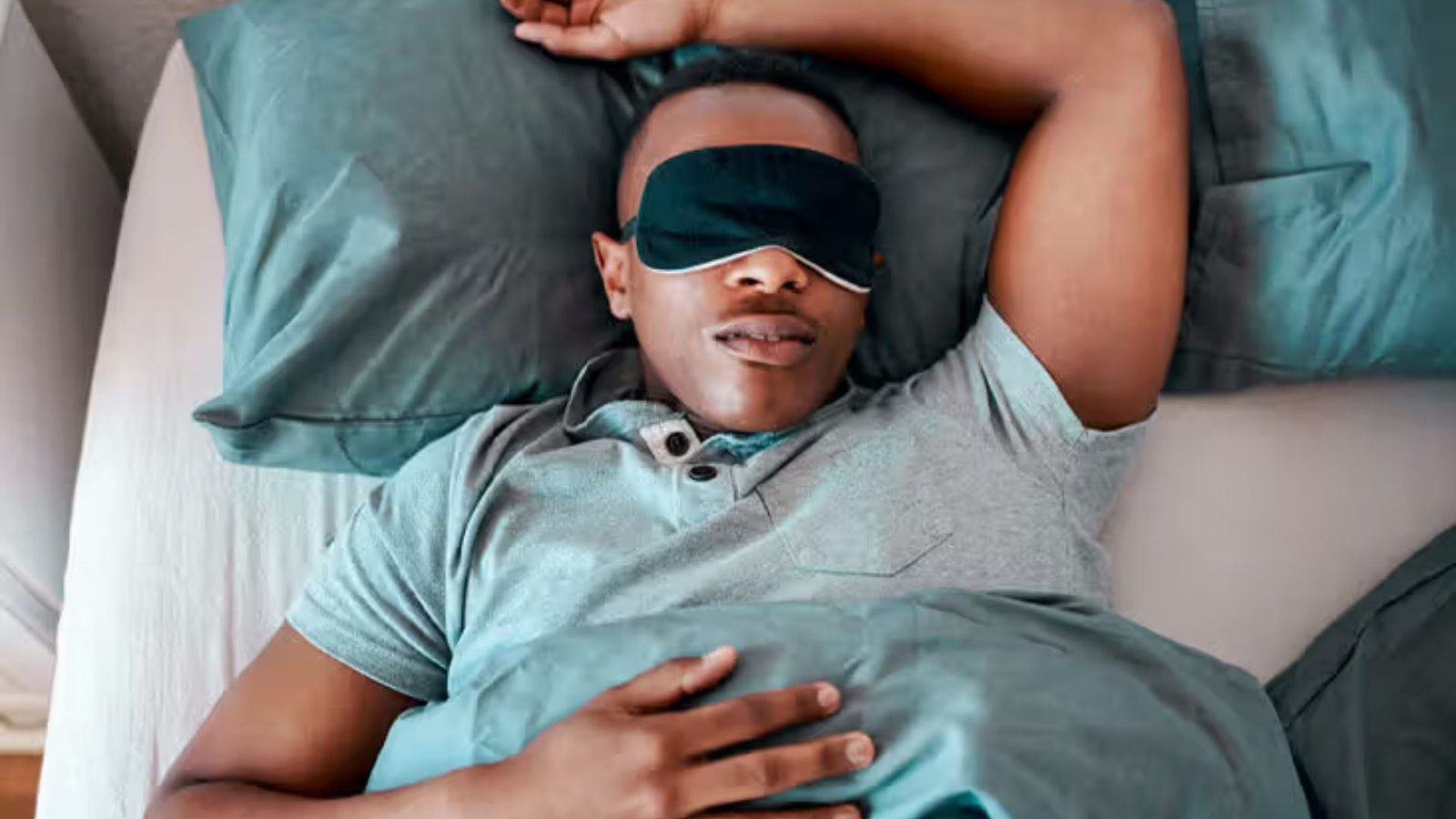Sleep paralysis is a phenomenon that occurs when a person temporarily experiences an inability to move or speak while falling asleep or waking up. Though it is often alarming, sleep paralysis is generally harmless and temporary. Understanding its causes and symptoms can help alleviate fears and improve sleep quality.

What is Sleep Paralysis?
Sleep Immobility is a condition that happens when you are either falling asleep or waking up. During an episode, you may feel fully awake but unable to move or speak. This paralysis typically lasts for a few seconds to a couple of minutes and can be accompanied by vivid hallucinations or a feeling of pressure on the chest. Despite its unsettling nature, sleep paralysis is not usually dangerous and is more common than many people realize.
Causes of Nighttime Paralysis
Several factors can contribute to Sleep Immobility:
- Sleep Deprivation: Not getting enough sleep can increase the likelihood of experiencing sleep paralysis. Irregular sleep patterns or prolonged periods of wakefulness can disrupt your sleep cycle and trigger episodes.
- Sleep Disorders: Conditions such as narcolepsy or insomnia are linked to a higher incidence of sleep paralysis. These disorders can interfere with the transition between sleep stages, leading to paralysis episodes.
- Stress and Anxiety: High levels of stress or anxiety can impact your sleep quality and increase the likelihood of sleep paralysis. Emotional and psychological stress can disrupt your ability to relax and enter restorative sleep.
- Sleep Position: Sleeping on your back has been associated with an increased risk of sleep paralysis. The pressure on the chest and difficulty in breathing while lying flat may contribute to the sensation of paralysis.
- Irregular Sleep Schedule: Frequently changing your sleep routine or having an inconsistent sleep schedule can affect your body’s internal clock and increase the chances of experiencing sleep paralysis.
Symptoms of Sleep Paralysis
The symptoms of Sleep Immobility can vary, but common experiences include:
- Inability to Move or Speak: During an episode, you may feel conscious and aware but unable to move your body or speak. This can be a distressing experience, especially if it occurs alongside other symptoms.
- Hallucinations: Some people experience vivid, often frightening hallucinations during sleep paralysis. These can include visual, auditory, or tactile sensations, such as seeing shadowy figures or hearing unexplained noises.
- Chest Pressure: A common symptom is a sensation of pressure on the chest or difficulty breathing. This feeling can be unsettling and may contribute to the overall anxiety of the experience.
- Paralysis Duration: The paralysis typically lasts for a few seconds to a couple of minutes. Once the episode ends, normal movement and speech usually return.
Managing and Preventing Paralytic Sleep Disorder
If you experience Sleep Immobility, there are several strategies to help manage and prevent future episodes:
- Maintain a Regular Sleep Schedule: Establishing a consistent sleep routine can help regulate your body’s internal clock and improve overall sleep quality. Aim to go to bed and wake up at the same time each day.
- Improve Sleep Hygiene: Create a restful sleep environment by keeping your bedroom cool, dark, and quiet. Avoid caffeine, heavy meals, and electronic devices before bedtime to promote better sleep.
- Reduce Stress and Anxiety: Practice relaxation techniques such as deep breathing, meditation, or yoga to manage stress and anxiety. Addressing underlying emotional issues can help improve sleep quality.
- Change Sleep Positions: If you frequently experience sleep paralysis, try sleeping on your side instead of your back. Changing your sleep position may help reduce the likelihood of episodes.
- Seek Professional Help: If Sleep Immobility episodes are frequent or severely impact your sleep and well-being, consult a healthcare professional or sleep specialist. They can help identify underlying sleep disorders and provide appropriate treatment options.
Conclusion
Sleep Immobility, while often distressing, is generally a benign and temporary condition. By understanding its causes and symptoms, you can take steps to manage and reduce the frequency of episodes. Maintaining a consistent sleep schedule, improving sleep hygiene, and addressing stress and anxiety are key strategies for managing sleep paralysis. If you have ongoing concerns or experience severe symptoms, seek professional guidance to ensure your sleep health is properly addressed.




